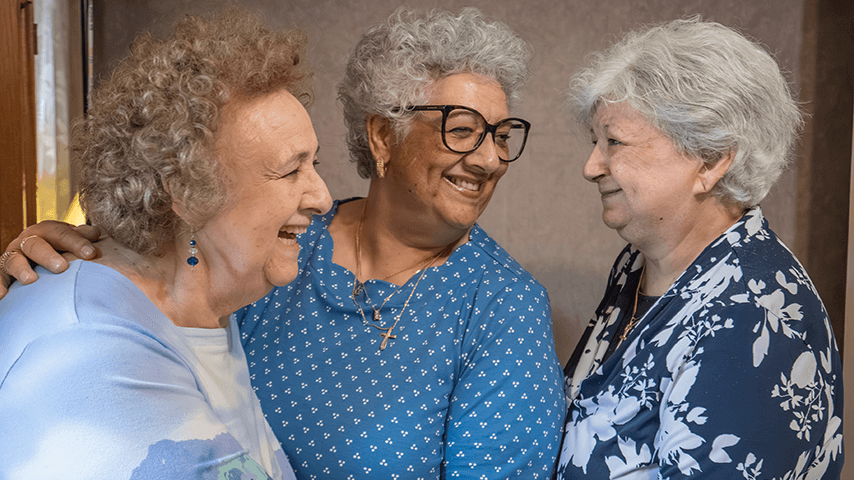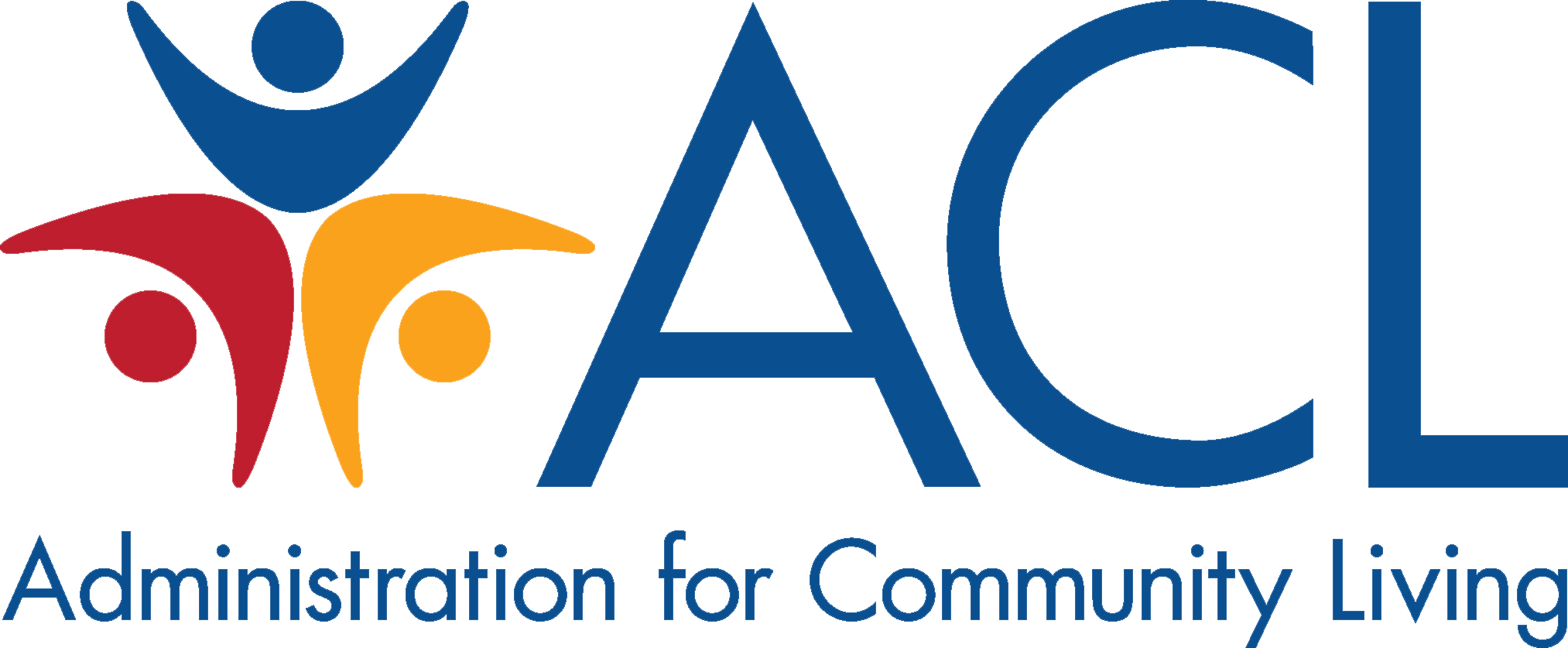Benefits Enrollment Centers Network
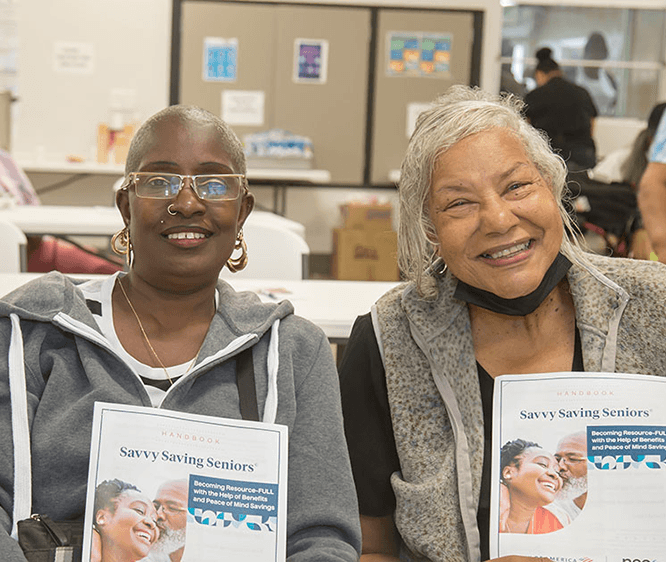
What Are Benefits Enrollment Centers (BECs)?
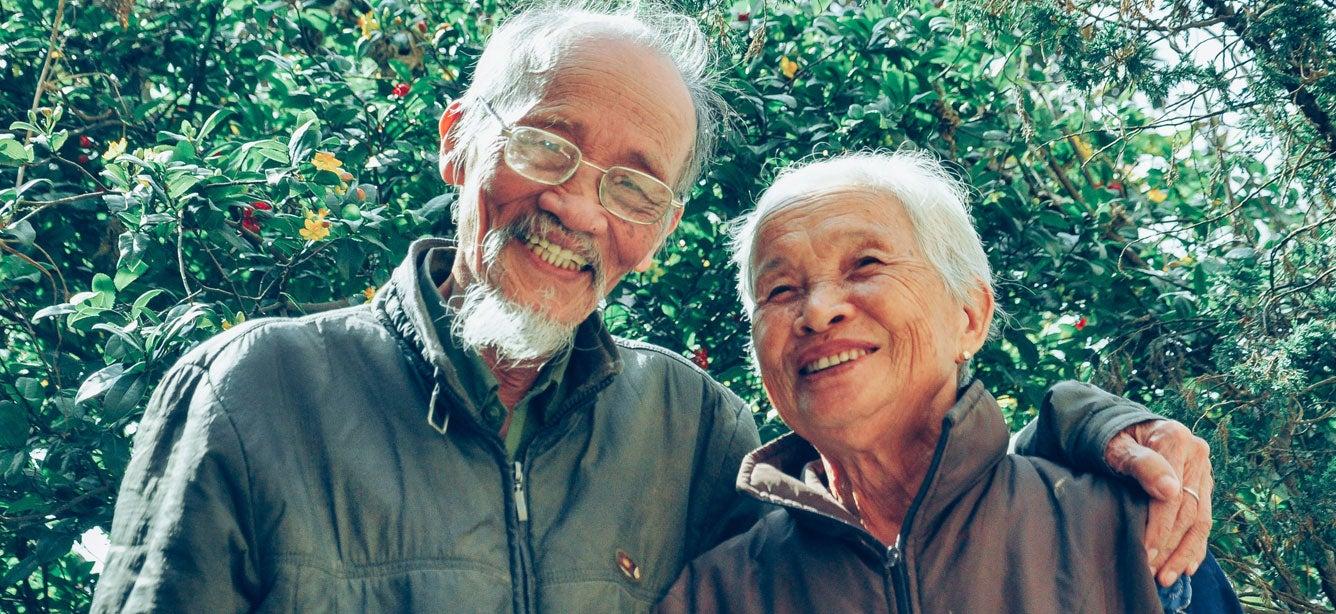
NCOA Benefits Enrollment Centers
Meet the 87 community-based organizations across 38 states that are helping older adults and people with disabilities enroll into benefits programs to help pay for health care, food, medicine, and more.
Advocate for MIPPA Funding
Millions of people can't afford their Medicare out-of-pocket costs. There are programs to help, but few people know about them or how to enroll. Thanks to efforts from aging network advocates, funding for the program was saved; but only until Dec. 31, 2024. After more than a decade of success, It's time to make the program permanent.
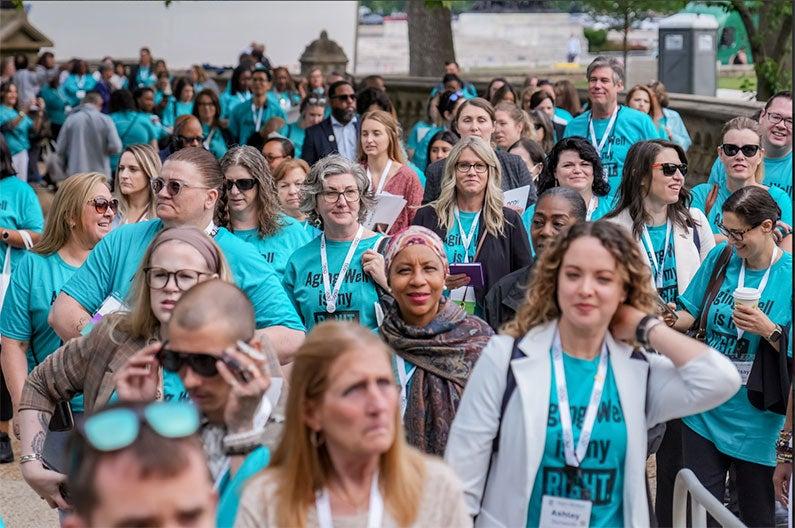
Thank You to Our Funder
Understanding Benefits Participation in Your Area
NCOA's new tool shows participation rates for older adults enrolled in the Supplemental Nutrition Assistance Program (SNAP), Medicare Savings Programs (MSP), and Supplemental Security Income (SSI). Get started by selecting specific areas to see how they compare to national and state averages.
Get Help Paying for Food, Medicine, and More
Millions of older adults miss out on money-saving benefits simply because they don't apply. Start today by answering a few questions to see if you qualify, and learn how to get help to apply
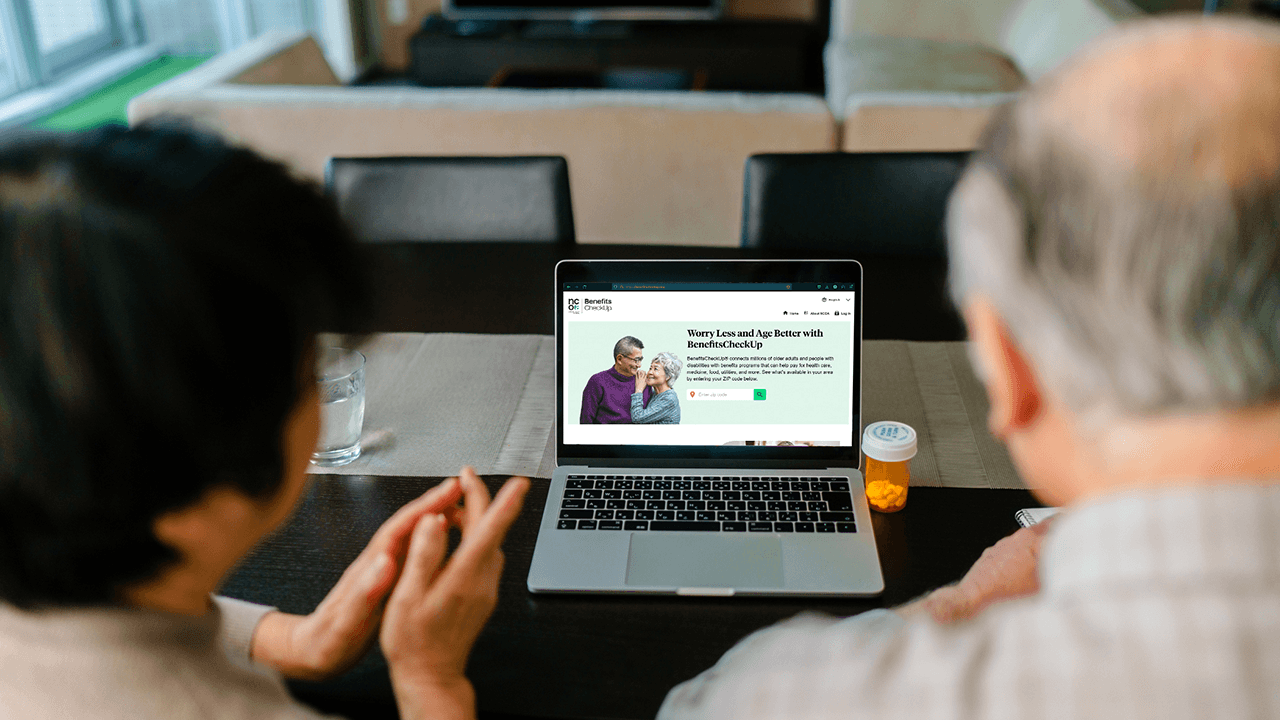
About the Center for Economic Well-Being
The Center for Economic Well-Being helps organizations enroll adults 65+ and younger adults with disabilities with limited means into the benefits programs they are eligible for so they can remain healthy and improve the quality of their lives. Learn more about our work, including the training and technical assistance NCOA provides.
More Stories
Learning from Failure: Lessons from the BECs
Mar 05, 2020

